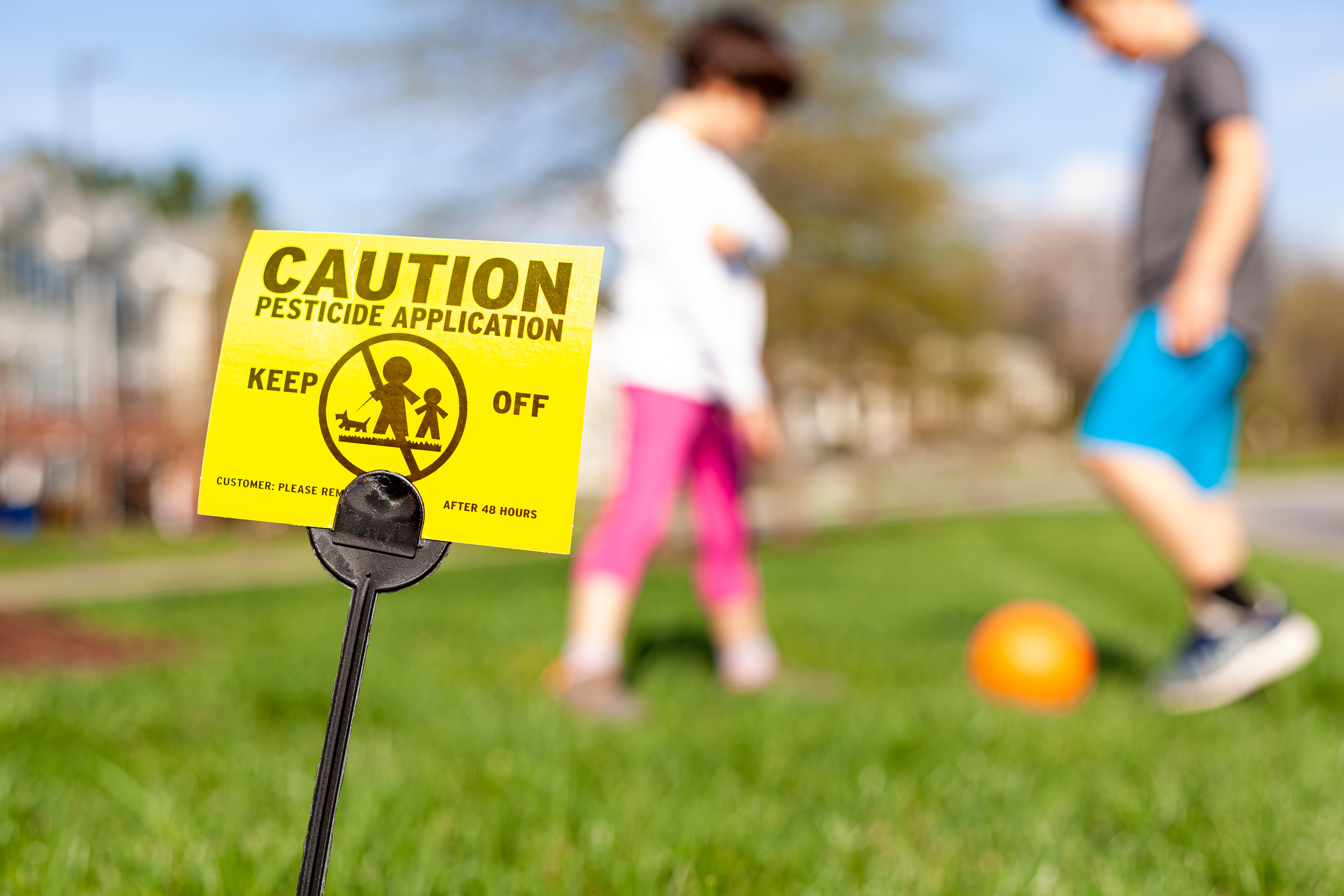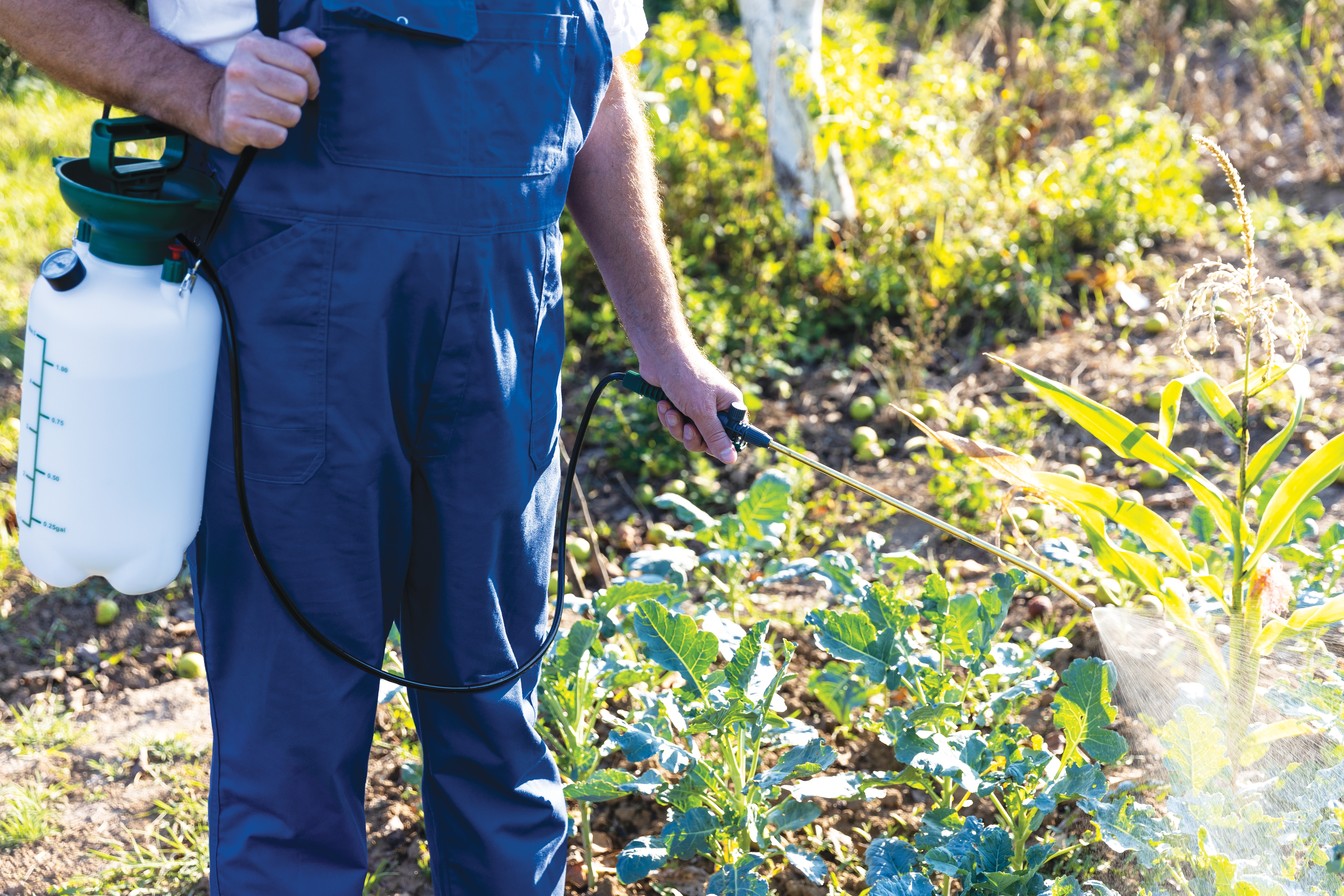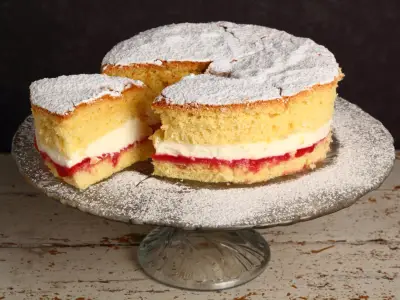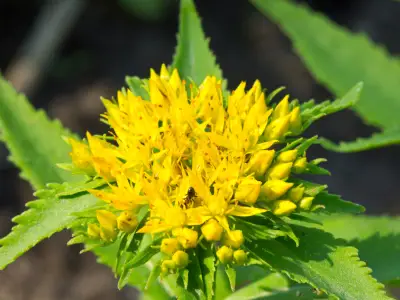Gardening is a joy and a passion for many, transforming our gardens into vibrant havens of life and beauty. However, the persistent appearance of weeds can put a dampner on this experience, turning a beloved hobby into a frustrating chore.
If you're looking for an effective, economical, and environmentally friendly solution to control these unwelcome guests, you're in the right place. Today, we'll explore various methods and recipes for homemade weed killers that are low-cost, easy to make, and gentle on the environment.
Jump to:
- What is a Homemade Weed Killer?
- The Benefits of Homemade Weed Killers
- The Dangers of Commercial Weed Killers
- Popular Ingredients in Homemade Weed Killers
- Combining Ingredients for Enhanced Effectiveness
- DIY Recipes for Homemade Weed Killers
- Frequently Asked Questions About Homemade Weed Killers
- Study Organic Gardening for £29
What is a Homemade Weed Killer?
A homemade weed killer is precisely what it sounds like: a weed control solution that you can make in your own kitchen or garden shed using common household ingredients. These natural formulations are preferred by many gardeners because they offer a non-toxic alternative to commercial chemical herbicides, reducing potential harm to the environment and other non-target plants in your garden.
Recommended for you!
Best SellersThe Benefits of Homemade Weed Killers
Choosing to use a homemade weed killer has several advantages:
- Environmentally Friendly: They typically have fewer harmful effects on the environment than synthetic chemicals.
- Cost-Effective: You can use inexpensive and easily accessible ingredients.
- Health Safety: Reduces the risk of exposing your family and pets to toxic chemicals.
The Dangers of Commercial Weed Killers
Commercial weed killers, while effective at controlling unwanted plant growth, carry significant risks for humans, animals, and the environment. These chemicals can contaminate soil and water sources, leading to potential health risks for humans such as respiratory issues, skin irritations, and more severe long-term conditions like cancer.
Pets and wildlife are also at risk, as they can ingest or come into contact with these toxins during their daily activities, leading to poisoning or death. Furthermore, the ecological balance can be severely disrupted, as these herbicides can kill beneficial plants and insects, reducing biodiversity and altering habitats.

Popular Ingredients in Homemade Weed Killers
Many recipes for homemade weed killers use common ingredients that you may already have in your home. Turning to a toxic herbicide should be the absolute last resort; instead, try one or several of these organic methods for killing weeds:
1. Vinegar
Vinegar, especially white vinegar, is highly acidic and can burn and desiccate weeds upon contact. It’s most effective when used on young, annual weeds that haven't yet developed robust root systems. Typically, vinegar works within 24 to 48 hours, causing weeds to wither and die.
2. Salt
When applied to the soil, salt disrupts the water uptake of weeds, effectively dehydrating and killing them. However, care should be taken with salt as it can easily harm the soil and surrounding plants.
Salt water is another option. It pulls moisture out of the weeds and, over time, from the soil, making it inhospitable for plant growth.
3. Bicarbonate of Soda (Baking Soda)
Bicarbonate of soda is another household item that can be used as a weed killer. It works by drawing moisture from weed leaves, causing them to dry out.
Bicarbonate of soda can be effective, especially when applied directly to the weeds in cracks on pathways or driveways.
4. Laying Newspaper
Laying down layers of newspaper on your garden bed blocks sunlight and oxygen from reaching the weeds. Weeds need sunlight and oxygen to grow just as much as other plants, so smothering weeds is an easy way to stop weed growth.
5. Organic Mulches
Organic mulches decompose over time, sending nutrients back into the soil. Newspapers are one option, but you can also use grass clippings, shredded leaves, compost, or straw.
6. Vodka
Try making your weeds drunk! Vodka, when mixed with dish soap and water, is an effective homemade weed killer for sun-loving plants. It isn’t as effective in dealing with shade-loving plants.
7. Boiling Water
Boiling water, poured over weeds, causes them to burn and die. It’s a great solution for pouring over sidewalk crack weeds.
8. Manual Elimination
You might not want to manually pull all your weeds, but it’s one of the most effective methods because you can remove the entire root system as well.
9. Cornmeal
Spread cornmeal over the soil and around the base of your plants. Cornmeal is an effective herbicide in preventing the growth of crabgrass, dandelions, and chickweed. This homemade weed killer works because cornmeal gluten works as an organic herbicide that doesn’t contain toxins. Make sure you look for NON-GMO cornmeal.
10. Rubbing Alcohol
Anyone who has rubbing alcohol in their medicine cabinet can make homemade weed killer. All you have to do is mix two tablespoons of rubbing alcohol with one quart of water. Spray the weeds with this solution, which works by removing the moisture from the weeds.

Combining Ingredients for Enhanced Effectiveness
Mixing vinegar and baking soda to kill weeds is highly effective. When these two ingredients are combined, they create a foaming reaction which helps coat the leaves more thoroughly, enhancing the weed-killing effect.
Additionally, incorporating dishwashing liquid with vinegar can be beneficial; the dishwashing liquid breaks down the waxy surface of weed leaves, improving the absorption of vinegar and resulting in more effective weed control.
DIY Recipes for Homemade Weed Killers
Here are some simple recipes you can try:
1. Simple Weed Killer Recipe: Mix in a spray bottle. Make sure you spray only the weeds you want to eliminate. This spray doesn’t distinguish good vs. unwanted plants.
- 1-gallon vinegar
- 1 cup salt
- 1 tablespoon dish soap
2. Two-Ingredient Weed Killer: Simply mix these two ingredients into a spray bottle. Spray on a sunny day and avoid contact with the plants you want to keep.
- 2 cups white vinegar
- 2 tablespoons dish soap
3. Citrus Weed Killer: Lemon juice is an effective weed killer, but it is pricier than vinegar. Mix in a spray bottle and apply to the weeds you want to kill.
- ½ cup lemon juice
- 1-quart white vinegar
Frequently Asked Questions About Homemade Weed Killers
Will Bleach Kill Weeds Permanently?
While bleach can be effective in killing weeds, it is generally not recommended for use in gardens. Bleach will kill weeds permanently if it reaches the root level, but it also poses a risk of soil contamination and can harm nearby plants and wildlife. It's better to stick with more environmentally friendly options.
Can I Mix Bleach and Vinegar to Kill Weeds?
You should never mix bleach and vinegar. This combination produces chlorine gas, which is highly toxic and can be deadly. Always use these products separately and with great caution.

Will Weeds Grow Back After Vinegar?
Weeds treated with vinegar might grow back, particularly if the vinegar did not reach the roots. Vinegar is most effective on young, annual weeds and less effective on perennial weeds with established root systems.
Do You Dilute White Vinegar to Kill Weeds?
Diluting white vinegar reduces its effectiveness as a weed killer. For the best results, use undiluted vinegar, particularly a higher concentration vinegar (like 10% or 20% acetic acid) which is more potent than the typical household vinegar.
Is Washing Powder Good for Killing Weeds?
Using washing powder to kill weeds is not advisable. While it might have some effect due to the chemicals it contains, it can also pollute the soil and harm beneficial organisms in the soil and nearby waterways.
How Do You Kill Weeds Between Paving Slabs?
The best method to kill weeds between paving slabs is to use either boiling water or a vinegar and salt solution. Both methods are effective at reaching the weeds in these hard-to-access areas. Pouring boiling water directly on the weeds or applying a strong vinegar and salt solution will help to manage these stubborn weeds.
Recommended for you!
Best SellersStudy Organic Gardening for £29
For those looking to deepen their understanding of organic gardening practices, consider our Organic Gardening Diploma Course. This course is your gateway to mastering sustainable gardening techniques that align with your values of preserving and enhancing the natural world.
Why Centre of Excellence?
- Accessibility: We believe education should be accessible to everyone, which is why we offer our courses at affordable prices to ensure no one is left behind.
- Flexibility: Our courses are designed to fit your life. Learn at your own pace and integrate your gardening education seamlessly into your daily routine.
- Wide-ranging Topics: The curriculum spans various aspects of organic gardening, from soil health to plant care, catering to all levels of gardeners.
- Unwavering Support: Enrolment includes personalised tutor support and access to a community of like-minded learners, ensuring you have all the help you need.
Special Invitation
We are excited to offer our Organic Gardening Diploma Course at a special discounted rate of £29, saving you over £100!















